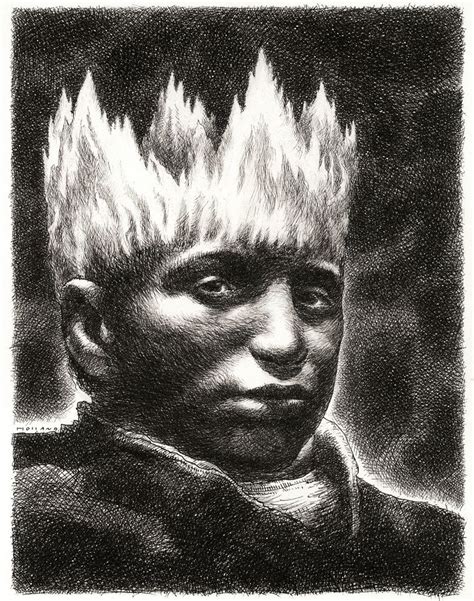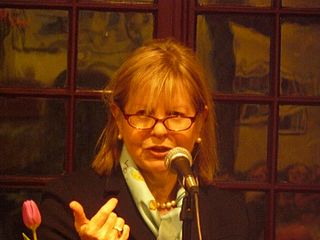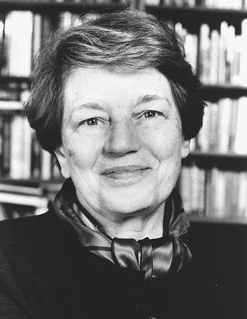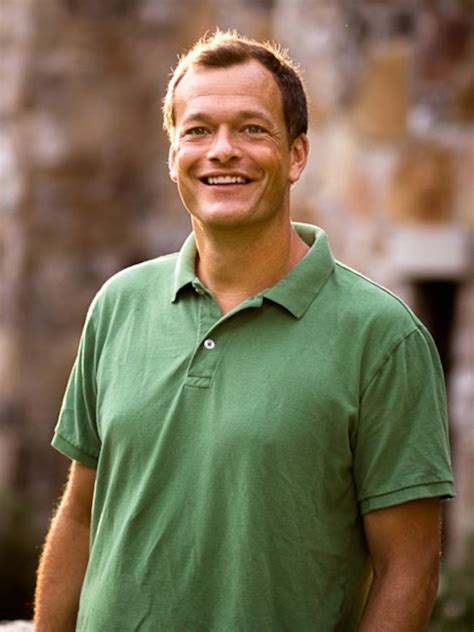A Quote by Nathaniel Philbrick
Maybe it's because I was named for him, but I've always wanted to meet Nathaniel Hawthorne. It's oversimplifying, but all Hawthorne's short stories and novels are, in one way or another, about guilt. Something profoundly disturbing must have happened to him at an early age. I'd like to know what that was.
Related Quotes
It's Nathaniel Hawthorne Month in English. Poor Nathaniel. Does he know what they've done to him? We're reading The Scarlet Letter one sentence at a time, tearing it up and chewing on its bones. It's all about SYMBOLISM, says Hairwoman. Every word chosen by Nathaniel, every comma, every paragraph break -- these were all done on purpose. To get a decent grade in her class, we have to figure out what he was really trying to say. Why couldn't he just say what he meant? Would they pin scarlet letters on his chest? B for blunt, S for straightforward?
I chose philosophy because it sounded like something I ought to be interested in. I didn't know anything about it, I didn't even know what it was talking about. What I really spent my time doing in those years was writing short stories. There were all sorts of interesting courses, but what I really wanted to do was make stories one way or another.
There is something I keep wanting to say about reading short stories. I am doing it now, because I many never have another occasion. Stories are not chapters of novels. They should not be read one after another, as if they were meant to follow along. Read one. Shut the book. Read something else. Come back later. Stories can wait.
There is the grand truth about Nathaniel Hawthorne. He says NO! in thunder; but the Devil himself cannot make him say yes. For all men who say yes, lie; and all men who say no,why, they are in the happy condition of judicious, unincumbered travellers in Europe; they cross the frontiers into Eternity with nothing but a carpet-bag,that is to say, the Ego. Whereas those yes-gentry, they travel with heaps of baggage, and, damn them! they will never get through the Custom House.
Do you know what the lurid intermixture of complicated emotions produces, according to Nathaniel Hawthorne? That's right, it produces the illuminating blaze of the infernal regions. Ryan MacDonald's glorious shards of prose are both lurid and blazing, and together they comprise an anthology of complex feelings-dream-like, vivid, and never, ever obvious.
I came to Him because I did not know which way to turn. I remained with Him because there is no other way I wish to turn. I came to Him longing for something I did not have. I remain with Him because I have something I will not trade. I came to Him as a stranger. I remain with Him in the most intimate of friendships. I came to Him unsure about the future. I remain with Him certain about my destiny. I came amid the thunderous cries of a culture that has 330 million deities. I remain with Him knowing that truth cannot be all-inclusive.


































